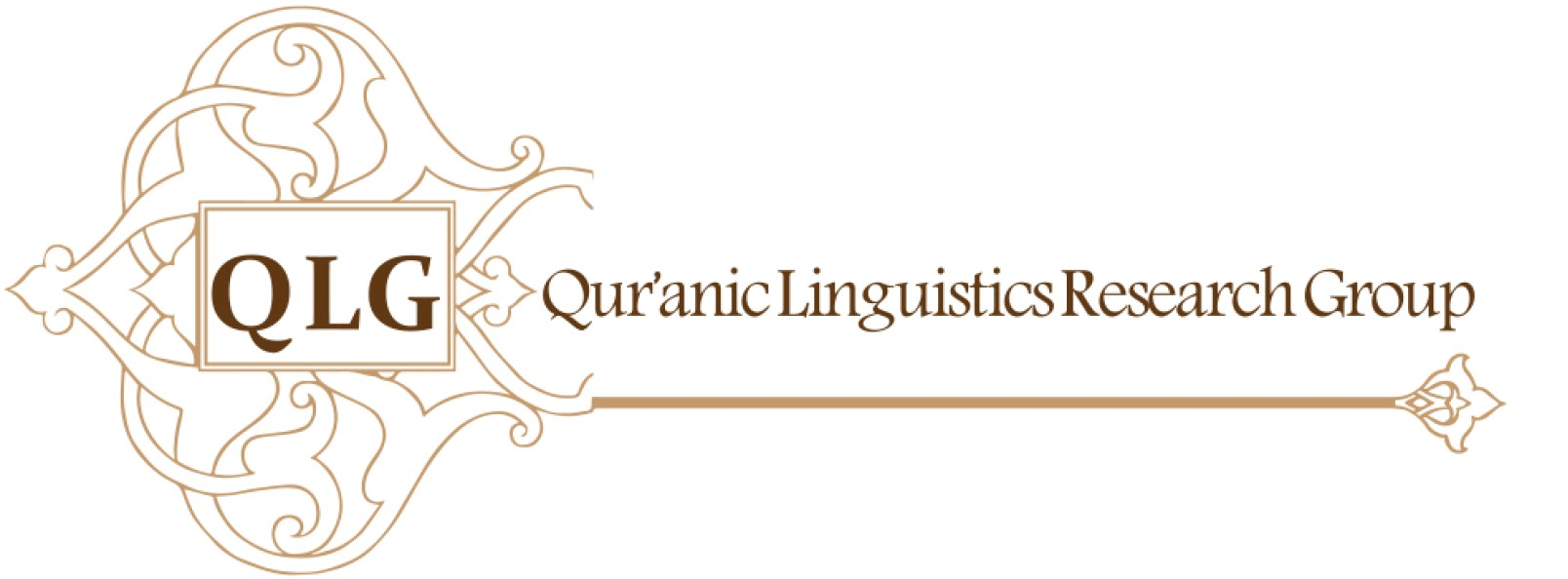Through its various activities, QLG aims to:
- promote and enhance research into the linguistic dynamics and mechanisms of the Qurʾānic text;
- draw more scholarly attention to the importance of linguistics as instrumental theoretically and methodologically for understanding the Qurʾān’s idiosyncrasies; and
- foster a generation of scholars interested in this nascent but demonstrably promising research area.
Context
Informed by a wide range of disciplines and sources, contemporary Qurʾānic studies represents the modern study of the Quran as developed in the last few decades. In addition to tafsīr, classical ʿulūm al-Qurʾān, and methodological elements from Biblical studies, Qurʾānic studies scholars utilise scholarship in classical Arabic, some aspects of classical Arabic grammar, and rhetorical studies (balāgha, bayān and maʿānī). On the one hand, fundamentals of Biblical studies offer the tools of analysing the history of the composition of the text and subject the text of the Qurʾān to a type of text-critical analysis that may challenge some Muslim readers’ beliefs. On the other hand, classical Islamicate sources provide Qurʾānic studies with insights into how the text has been understood within varied social and historical contexts. Thus, in order to transcend ideological presuppositions in both schools, a more reflective approach is needed to triangulate them.
Research area
QLG’s area of research interest covers a wide range of subjects germane to the language and the text of the Qurʾān. New and old questions have been posed by modern scholars researching this area, to which neither classical Muslim scholarship nor Western Qurʾānic studies could reach satisfactory answers. In an attempt to fill the gap left by the traditional and historical text-critical approaches, newly emerging studies looking at the Qurʾān through the lenses of contemporary linguistic theory, pragmatics and text linguistics afford theory-based systematic analyses. For example, pragmatics can provide systematic methods and tools for analysing how context affects the construction and recovery of text’s meaning. Text Syntax, Text Linguistics and Systemic Functional Linguistics include theories that could help explain complex text structure and textuality. Semantics can offer methodological ways of deciphering the Qurʾānic worldview of a given theme and Cognitive Linguistics can be effective in defining the Qurʾānic aesthetics of a given concept. Wider applications of such approaches can offer methodological ways of using the vague principle of tafsīr al-Qurʾān bi-lQurʾān to shed more light on contentious topics such as social justice, human rights and Otherness in Islam.
Meanwhile, other urgent questions about the nature and qualities of the Qurʾān as a text remain under-researched. Issues include genre, cohesion and connectivity, textuality, orality, discursivity and contextuality, grammaticality, lexical, syntactical and textual ambiguity, translation issues, and intertextuality.
It should be noted that such approaches are not disconnected from the earlier modern and classical scholarship.
Approach
Following in the footsteps of those pioneers but moving further towards a more contemporary, objective non-religiously biased approach, QLG will promote and support the primarily linguistic approach to the study of the Qurʾān. It perceives this approach as one that offers an independent perspective on the language of the Qurʾān text; as an act of communication whose meanings are composed in multiple planes of text’s language (phonetic, lexical, syntactical and textual).
The linguistic study of the Qurʾān analyses how meanings are formed textually and recovered cognitively and analytically, using textual and contextual information. It prioritises and focuses on components of the text as linguistic and pragmatic phenomena and means of communication rather than aesthetic qualities, rhetorical tools or evidence on particular views of its history. It does not disregard those significant aspects of the text but considers them from a contemporary linguistic perspective.
